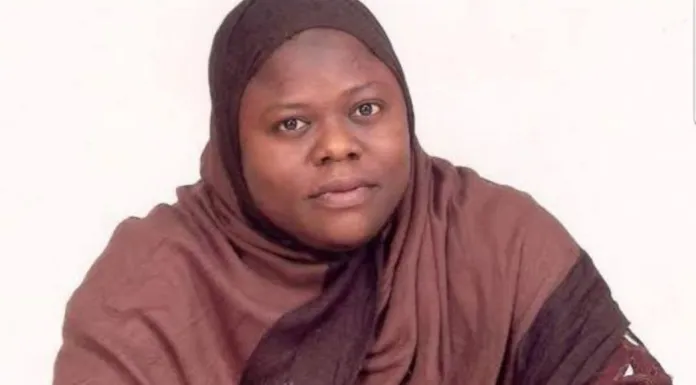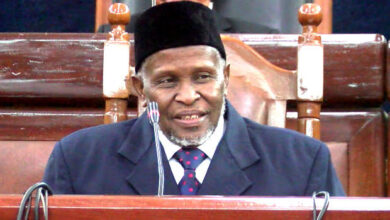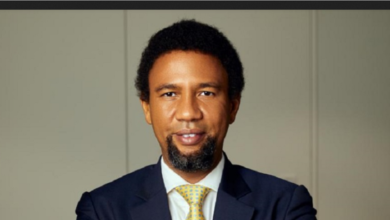
A Magistrate Court sitting in Ganmo, Kwara State, has ordered the remand of Alhaja Kafilat Kaola, a prominent Islamic preacher and Ibadan-based on-air personality, at the Oke Kura Correctional Centre pending further legal proceedings.
The remand order stems from a defamation complaint filed by Alhaji Taofeek Akeugbagold, the Wazeer Muslimeen of Oyo State and a respected Islamic cleric.
While the exact nature of the defamatory statements allegedly made by Kaola has not been disclosed in court, the matter has reignited public interest due to the historical friction between the two figures.
Background and Legal Context
Alhaja Kaola, known for her religious broadcasts and social commentary, is accused of making statements deemed injurious to the reputation of Alhaji Akewugbagold.
The Magistrate granted the remand application following the preliminary hearing, citing the need for a thorough investigation and legal clarification of the claims.
The case highlights a broader judicial trend in Kwara State, where courts have recently shown increased willingness to prosecute defamation cases, particularly those involving religious and traditional authorities.
In a similar instance in 2023, controversial social media influencer Abdulazeez Adegbola, also known as Tani Olohun, was arraigned for allegedly defaming the Emir of Ilorin and other clerics.
A History of Relationship and Conflict
Alhaji Akewugbagold, a former Chairman of the Oyo State Muslim Pilgrims Welfare Board, holds significant influence within Nigeria’s Islamic community.
In 2021, he was formally installed as Wazeer Muslimeen of Oyo State, a position akin to a “Prime Minister” within Islamic religious leadership structures.
During the period leading to his title conferment, Alhaja Kaola had openly praised Akewugbagold for his charitable contributions and service to the Muslim ummah.
However, relations between the two figures later soured, culminating in the current legal face-off.
Observers note that the feud may have deeper personal or ideological roots, potentially inflamed by media narratives and public commentary.
Not Akewugbagold’s First Public Ordeal
This is not the first time Alhaji Akewugbagold has found himself at the center of a major controversy. In April 2020, he was thrust into the national spotlight following the kidnapping of his twin children in Ibadan.
The incident led to the arrest and prosecution of six individuals on charges including conspiracy, abduction, and illegal possession of firearms.
That case, which proceeded at the Oyo State High Court, highlighted the risks religious leaders face in a society where public visibility can be both an asset and a liability.
Reactions and Legal Implications
Kaola’s remand has stirred public discourse, particularly among her followers and within religious circles. While some see the court’s decision as a necessary legal process, others have voiced concerns over potential suppression of free expression in religious discourse.
Legal analysts suggest the case may serve as a benchmark for future defamation suits involving public figures and religious leaders. The ongoing investigation and subsequent hearings are expected to provide clarity on the specific allegations and the broader implications for freedom of speech, religious leadership dynamics, and social responsibility in public communication.
The Magistrate Court has yet to announce a definitive trial date, but further proceedings are expected in the coming weeks as the legal teams on both sides prepare to present their arguments.







